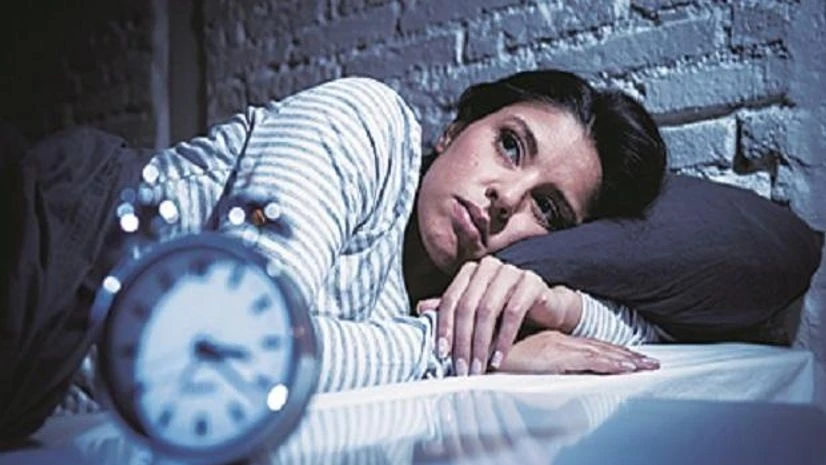Widespread beliefs about sleeping include advice on how much sleep is enough, what quality sleep means and how to achieve it, but when these pronouncements are wrong, they can do more harm than good, researchers argue.
The study team gathered the most common sleep “myths” and asked sleep-science experts to rank them according to how wrong they were, and how bad it might be for a person’s health to follow the advice.
“Sleep plays a vital role in our health and wellbeing,” said lead author of the report in Sleep Health, Rebecca Robbins of the New York University School of Medicine in

)